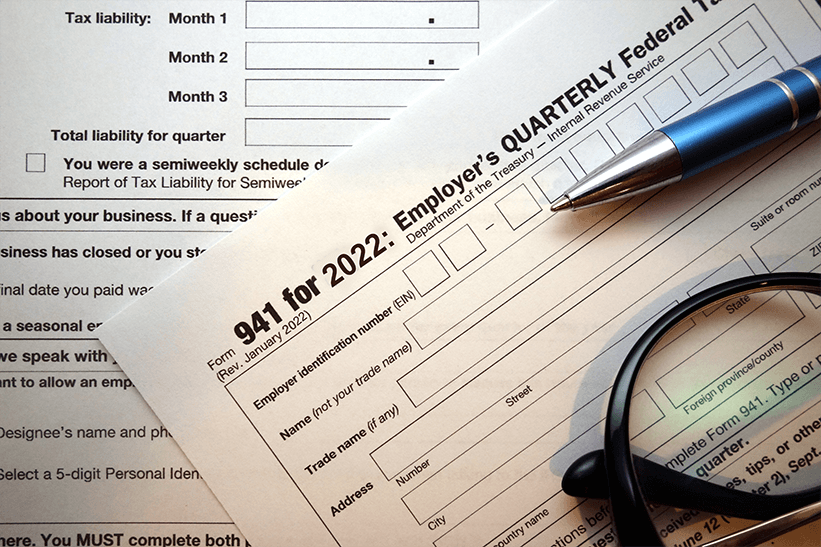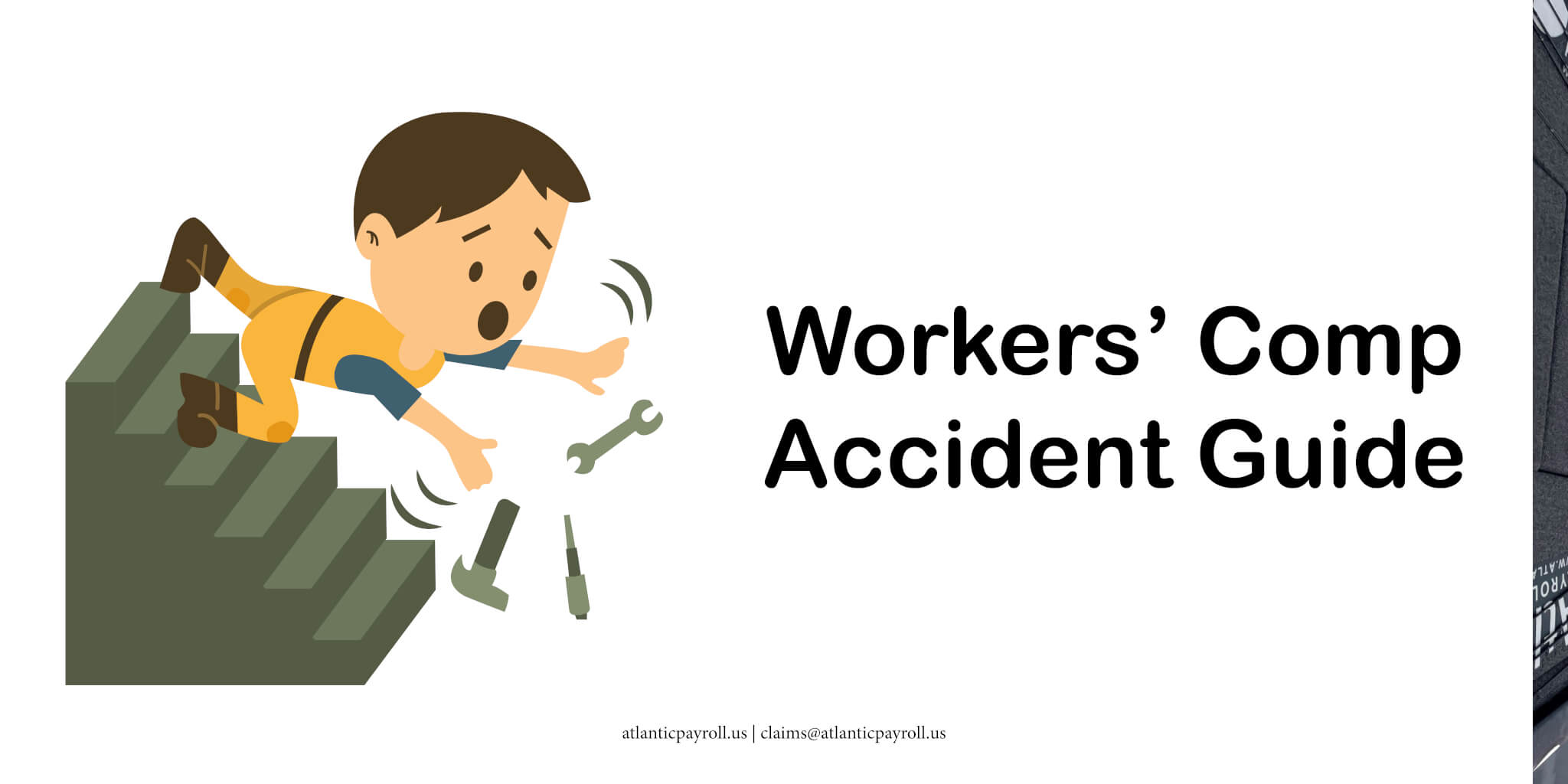PEO Payroll, who handles the taxes?
PEO Payroll, who handles the taxes? Employers are responsible for withholding and paying employment taxes and filing required returns. But when a company uses a professional employer organization, the PEO may share employment tax obligations with employers, the rules around who pays what can get complicated. It’s important to review and follow IRS guidance.
Start with Internal Revenue Code Section 3401(d)(1)
Which covers the definition of “employer.” In many cases, PEOs claim to share control over employees as a “co-employer,” which is a concept that is not defined under federal tax law, although PEOs have legal grounds to be recognized as employers since they usually sign the paychecks. To be designated as a payer, the PEO asserts that it’s the employer or co-employer of the individuals performing services for the client. It does this implicitly by doing one of three things:
- Recruiting and hiring employees for the client or assigning employees as permanent or temporary members of the client’s workforce, or participating in that process.
- Hiring the client’s employees as its own and then leasing them back to the client to perform services for the client.
- Filing employment tax returns using its own Employer Identification Number that include wages or compensation paid to the individuals performing services for the client.
- This is the method that we use at Atlantic Payroll Partners, all taxes related to payroll are handled using our EIN, and not the clients. This allows use to make the necessary tax payments on our clients behalf. In addition to filing payroll related tax are client agreement and employee applications explicitly mention that Atlantic Payroll Partners is a co-employer of employee(s).
Says the IRS: “All provisions of law (including penalties) applicable to the employer are applicable to the payer and each employer for whom the payer is designated remains subject to all provisions of law (including penalties) and of the regulations applicable to an employer.”
Section 3511
Provides that a certified professional employer organization is treated as the employer of any worksite employee performing services, but only with respect to remuneration. CPEOs were established as a voluntary certification program by the Tax Increase Prevention Act of 2014. The IRS began accepting applications for PEOs to become certified in 2016. The certification program for PEOs is under the auspices of the IRS.
Audit red flags
A number of issues can lead to IRS audits:
- Salaries and wages reported, but no employment tax returns filed, by the common law employer (that is, the company doing the outsourcing).
- Contracts showing that the CLE is outsourcing one or more payroll and related tax duties to a third party.
- Payroll funds transferred from the CLE to a third party.
- Wages not being paid from the CLE’s bank account.
Auditors conduct investigations to determine the employment relationships between employees and the third-party entity. Evidence may be gathered from any of several sources, including contracts, employee benefit plan sponsors and state unemployment records.
Remember, even if you use a PEO, you’re not relieved of your employment tax obligations regarding wages paid to your employees. Meaning, you the client are still financially responsible even though the PEO is making the payment. The invoice you receive before a payroll is processed will outline your tax obligations. You want to retain the invoices and any reports for your records.
As a qualified PEO we can explain to you how the organization works and what it does to remain in compliance with IRS rules. If you have any questions or concerns regarding PEO Payroll, who handles the taxes, call us at 772-466-0440.
Copyright 2024
At Atlantic Payroll Partners, we have over 10 years experience, providing local businesses with quality solutions. We’re more than just a payroll company, we’re a PEO that provides HR Consulting, Workers’ Compensation, Employee Benefits, Accounting, and a variety of business and personal insurances.
Spotlight on Workers’ Compensation?
Did you know that not all Workers’ Compensation Insurance is the same?
That’s right, you can save money on workers’ comp by partnering with a PEO, like ours. You can save thousands, by not paying a workers’ comp audit.
How? By benefiting from pay-as-you-go workers compensation. Utilizing daily, accurate payroll data cuts out the costly mistakes that happen when you estimate your needs.
Interested in saving, start a quote here or call us at 772-466-0440. We’d love to hear from you.



